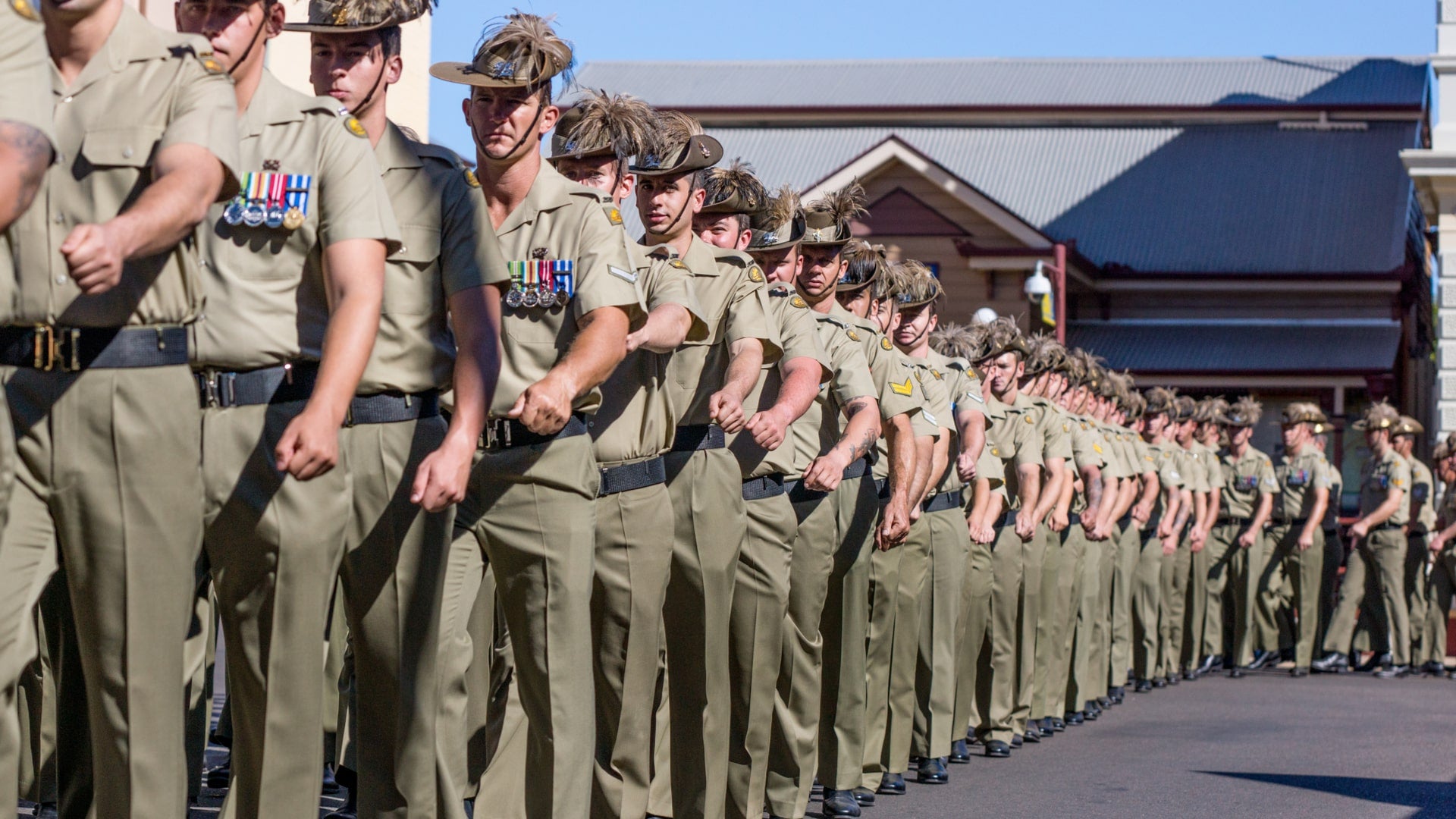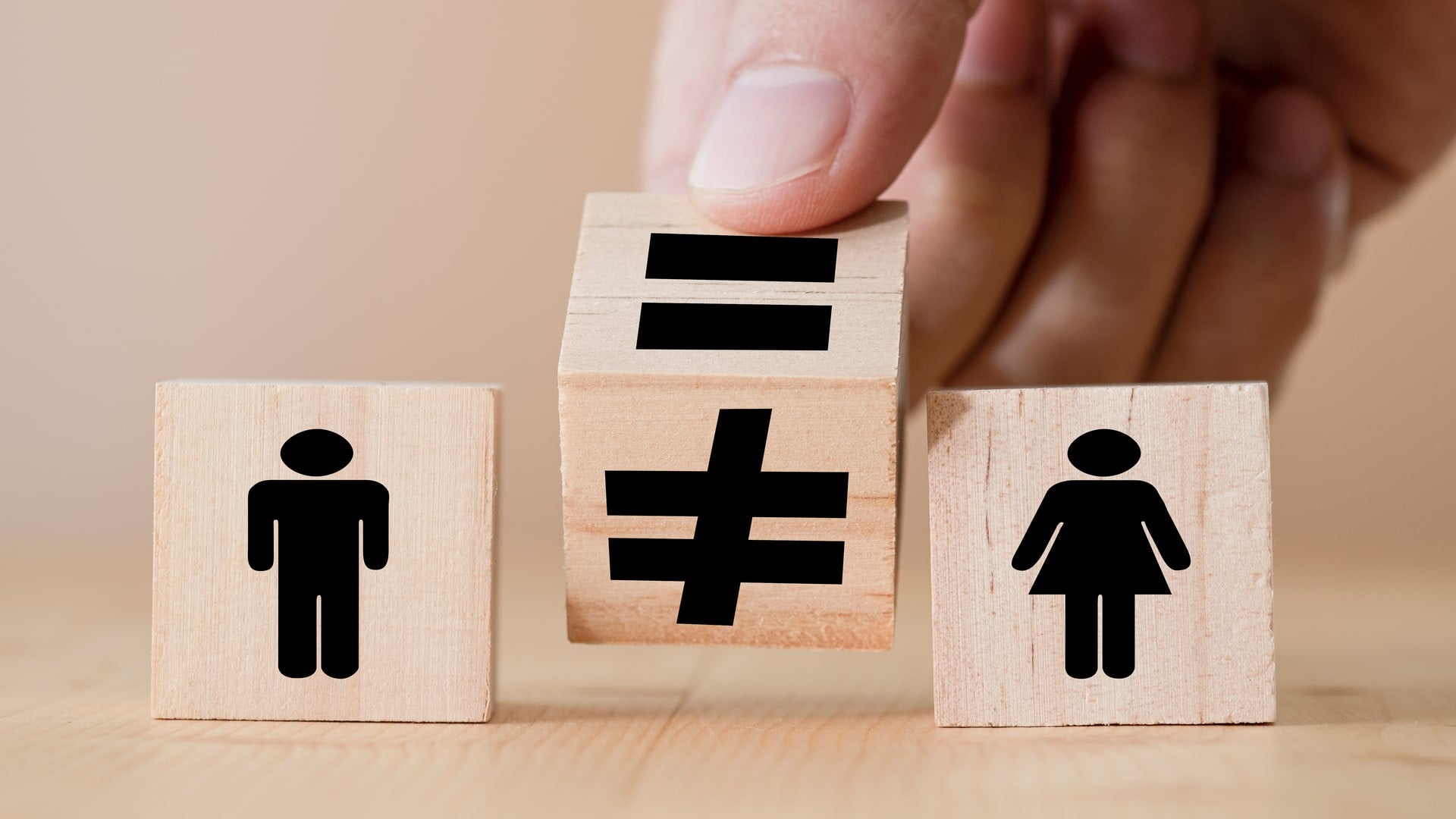How can HR best help employees with domestic violence?
There are nine commonly-used practices that HR departments use to effectively support employees who are victims of domestic violence, recent research has found
For people who suspect that someone they know through work, or someone they work with is experiencing domestic violence, a common response is to feel powerless or confused about whether to intervene. Is this a personal matter or does the organisation have a role in trying to support employees? Less than 20 per cent of supervisors said they would feel very confident knowing how to help a work colleague experiencing violence outside work, according to domestic violence charity White Ribbon.
Professor Karin Sanders from UNSW Business School, speaks from firsthand knowledge as, in a previous role as Head of School, she suspected that one of her staff was a victim of domestic violence.
“I felt helpless because I had no idea how to handle it,” says Sanders. It fuelled her interest to find out more about if and how organisations in Australia respond to employees who are suffering abuse at home. Sanders and fellow researcher Associate Professor Suzanne Chan-Serafin found that many companies prefer to turn a blind eye to issues around domestic abuse in the hope that it will go away.
The cost of domestic violence
But remaining silent sends dangerous messages about what a company – and wider society – are prepared to accept when it comes to violence against women.
Add to that the economic impact which should be enough to make companies sit up and think. By 2021, it is estimated that domestic and family violence will cost Australian businesses $609 million annually.
More than 60 per cent of women experiencing domestic violence are in work according to ABS, with plenty of evidence showing that not only does it affect their personal health and wellbeing but it has a dire impact on their productivity and in some cases, forces women out of the workplace.
Crucially, for a woman suffering domestic violence, an earned income gives her the economic independence she needs to get away from a violent relationship, say the researchers. Without a job, many women find themselves trapped in abusive relationships.

Why organisations need to help with domestic violence
All the more reason that organisations and their HR departments should get a handle on how to recognise and respond to domestic violence cases in their midst. And many are. Almost 35 per cent of Australian organisations have a domestic violence policy or strategy, often collaborating with women’s organisations to understand the issues and how they can best support their employees.
“Our research examines the conditions under which organisations are more or less likely to adopt HR practices to support domestic violence victims through a gender lens,” says Chan-Serafin.
One of their key findings is that a female CEO makes it more likely that HR practices for domestic violence victims will be put in place. This is also true if senior management is composed of up to 30 to 35 per cent of women, or if women make up a significant number of the workforce.
But it’s fair to say that despite examples of best practice, to date it has been an issue that HR managers have been notably unequipped to deal with, says Sanders.
“We don't have a clear picture of what organisations are doing about domestic violence. Are they supporting their people through their HR practices?
Tackling domestic violence in the Army
One organisation that confronted the pervasiveness of domestic violence within its ranks was the armed forces.
Samantha Crompvoets, Director at Rapid Context, a strategic research and analysis company, was a senior advisor to the defence leadership under Chief of Army David Morrison in 2013. Morrison issued a firm and unequivocal response to “unacceptable behaviour” including bullying, harassment and domestic violence.
“I was asked to review procedures and develop best practice policies around domestic violence which involved looking at what that looks like nationally and internationally. More damage can be done trying to intervene in an uninformed way, for example, by ringing up a partner.”
Many organisations institute domestic violence leave as a first step for employees but what Crompvoets found is that education is just as vital.

“First responders (HR or middle management) need to understand how to refer people to appropriate pathways. Rather than trying to skill someone up in how to intervene such as doing a fact-finding, truce mission, the best thing we advised the Army was to put people in touch with specialists with expertise; to say ‘here are three places you can call for advice and support’.”
But workplaces would do well to have much stronger relationships with service providers, says Crompvoets. “Invite the experts into their organisations [so that employees and leaders] understand the implications that make domestic violence a workplace issue and make a subject that is normalised rather than hidden away”.
Domestic violence and organisational culture
While knowing how to respond urgently to crisis situations is clearly important, Sanders and Chan-Serafin have noted that the culture of an organisation has a big impact on whether employees feel safe to express who they are and what is happening in their lives without fear of stigma or retribution.
The Army went on a cultural change journey in 2013 after a rise in what then Director-General, the Chief of Army David Morrison called “unacceptable behaviour” that included sexual harassment and bullying. Domestic violence was also a part of the toxic mix that was brought to light, particularly as so many service people marry each other.
Brigadier Peter Daniel, former Director-General for Personnel Army at the time, says they needed to examine why poor behaviour was so commonplace not just in the Army but in wider Australian society - and ask what was occurring in people’s houses between husband and wife?
“We talked to people in the ranks and in leadership quite openly and listened to what they had to say. We got outside organisations to pose questions and talk through scenarios. There were difficult questions but you can’t just put up another poster and think that that’s enough, tick the box. You have to engage people and it’s not a top-down process. The Anzac tradition led us to assume that respect was an inalienable thing that everyone had, but it wasn’t. Being able to talk about respect was important,” says Daniel.
Senior management in the Army was clearly hugely influential in getting the force to self-examine. Sanders and Chan-Serafin emphasise that gender composition and commitment of hose at the top determine to what extent policies around domestic violence are adopted.

The importance of gender equality
As the UN Women National Committee Australia says in its 2017 report on Workplace Responses to Domestic Violence: “Organisations that wish to address the root causes of violence against women have an obligation to advance gender equality in the workplace.”
“Gender balance is crucial,” agrees Sanders. “The more women are visible at all levels in organisations, but particularly in senior management, the more likely it is that domestic violence will be taken seriously.”
How HR departments help employees with domestic violence
The most commonly used practices that HR departments use to support employees who are victims of domestic violence.
- Have a domestic violence policy in place as part of an Employee Assistance Program (EAP) and publicise its services.
- Flexible working arrangements
- Access to unpaid leave.
- A culture of trust and respect so that employees feel that their disclosure will be treated confidentially.
- Protection from adverse action or discrimination based on the disclosure of domestic violence.
- Providing training to supervisors so that they recognise and respond to signs of domestic violence.
- HR should not go it alone but build contacts and relationships with outside organisations who have expertise in dealing with domestic violence - and who they can refer an employee to for assistance.
- Offer a change of office location.
- Provide financial support.
For more information please contact UNSW Business School’s Professor Karin Sanders and Associate Professor Suzanne Chan-Serafin about how organisations and their HR departments are helping employees with domestic violence.

